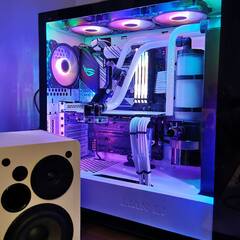Linus is wrong about his future with 16" laptops.
-
Topics
-
IR76 ·
Posted in Programs, Apps and Websites0 -
The Blue Cryptid ·
Posted in Troubleshooting0 -
0
-
4
-
3
-
worstalentscout ·
Posted in Storage Devices1 -
0
-
vortexx21 ·
Posted in Power Supplies5 -
0
-
1
-


.png.255947720031a641abdac78e663b681c.png)














Create an account or sign in to comment
You need to be a member in order to leave a comment
Create an account
Sign up for a new account in our community. It's easy!
Register a new accountSign in
Already have an account? Sign in here.
Sign In Now